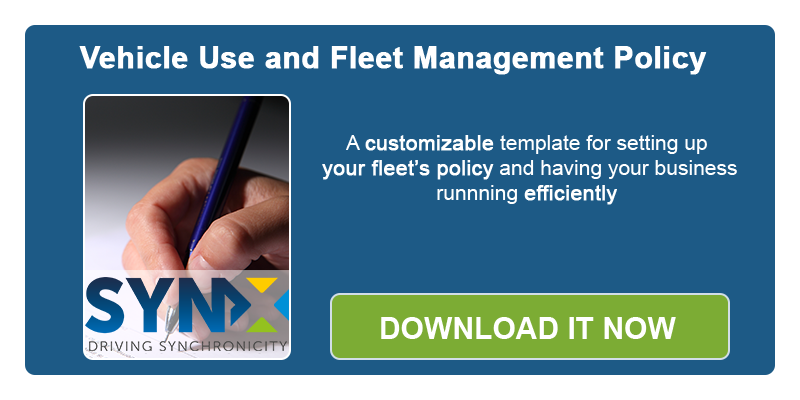Today we look at 5 more points which we think should be included in a fleet policy. See if you agree with the following suggestions, or perhaps you can think of some that haven’t been mentioned?
Let’s have a look at them.
#1 Fuel policy
• Where should drivers buy fuel and with what method of purchase?
• Is there a need to give cash to drivers?
• Does the company provide
fuel cards for employees?
• Are employees
trained in how to use fuel cards (so as to avoid misuse as well as providing whoever is responsible for the fleet complete visibility of fuel purchases)?
#2 Use of electronic/mobile devices
The use of mobile devices such as cell phones or smartphones is a source of disturbance and should be kept to an absolute minimum to prevent distracted driving and the subsequent consequences, including road accidents. Some companies choose to have phones that automatically let the caller know the person is driving and therefore unable to take the call straight away.
It is also important to have a policy with
regards to charging phones (and other devices); too many devices being charged can put a heavy demand on the battery and
cause a company vehicle problems.
#3 Infractions
• Who pays for a speeding/parking ticket?
• Is the company willing to pay for fines or should this be the drivers’ responsibility?
• How are the infractions recorded inside the company system?
• Does the driver receive further training if infractions become too frequent?
#4 Borders crossing
• How should drivers prepare vehicles or documentation if they are required to travel across borders?
• Is there a need for them to pay a tax for this purpose and therefore the necessity to carry cash?
• Could this also be necessary if they are required to travel into a big city centre where a congestion or similar charge is unavoidable; the same applies for road and bridge tolls?
#5 Impaired driving
It goes without saying—there should be a zero tolerance policy on drink and drug driving. In most companies, drivers are not allowed to bring alcohol into a vehicle. But impaired driving isn’t necessarily the result of narcotics or alcohol, some prescription drugs can also impair the ability to drive.
A company whose day to day business involves driving, should, ideally, be made aware if one of their drivers takes any medicine that could potentially impair their ability to drive. A drug driving law in operation since March in England and Wales is actually very strict regarding the use of prescription medicines. In Ireland a Roadside Impairment Testing (RIT) is already in force.



